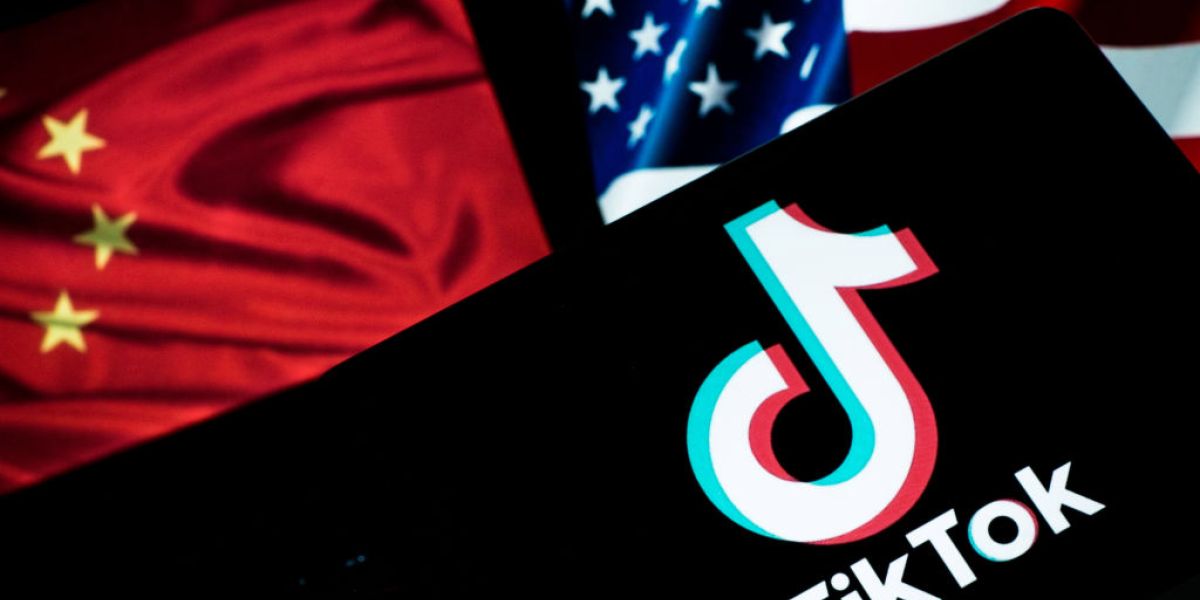This is the web version of Eastworld, Fortune’s newsletter focused on business and technology in Asia. Subscribe here to get future editions in your inbox.
In journalistic argot, a “tick-tock” is a type of news story that focuses on the minute-by-minute chronology of events as they unfold. Reuters published a humdinger yesterday about a company named—you guessed it—TikTok.
The Reuters account goes a long way towards explaining how a White House “deal” to save the Chinese-owned short video app from a presidential ban blew up—and offers fresh ammunition for critics of the Trump administration’s chaotic and often contradictory dealings with China.
The broad contours of a TikTok agreement, according to Reuters, were hashed out by Friday in a frantic round of negotiations led by Treasury Secretary Steven Mnuchin. Key points were spelled out in a 20-page revision, “awash in red font with mark-ups,” to an initial proposal submitted four days earlier by TikTok’s parent company, Beijing-based ByteDance.
The revised term-sheet called for: ByteDance to sell shares in the venture to Oracle Corp. and Walmart; Oracle to act as “technology partner,” reviewing software updates from Beijing, hosting data of the app’s 100 million American users on its cloud, and assuring U.S. regulators that data was inaccessible to officials in China; TikTok to move headquarters to Austin, Texas, create 25,000 new jobs, and launch an educational initiative for children.
The deal wasn’t done. Fundamental questions—about ownership, management control, and the tech specs for maintaining and updating the algorithms that make TikTok so popular—remained unresolved. No one had signed anything. But never mind. Trump couldn’t resist crowing publicly about a U.S. victory on Sunday.
By Monday, parties on both sides were backpedalling, and issuing conflicting statements about what had been agreed. On Wednesday, Beijing denounced the proposed sale in state-controlled media and signalled that it would rather let Trump put TikTok, with an estimated value of up to $60 billion, out of business than allow him to expropriate a Chinese company for American gain.
China, declared the Global Times, would not “hand over control of an outstanding high-tech Chinese company to extortionists.” China Daily, the state-owned English language newspaper, deplored the deal as based on “bullying and extortion.”
The two sides may yet find common ground. The Commerce Department has extended until Sunday its deadline for the companies to come to terms. Meanwhile, on Thursday ByteDance said it is now officially seeking Beijing’s approval for a potential sale.
But Tom Mitchell, writing in the Financial Times, sees a pattern in Trump’s inartful handling of the TikTok deal. Mitchell compared it to Trump’s 2018 failure to secure Chinese regulatory approval of U.S. chip-maker Qualcomm’s acquisition of Netherlands-based NXP in exchange for a U.S. reprieve from sanctions for Chinese telecommunications giant ZTE Corp. In that instance, “Mr. Trump gave [Chinese President] Xi what he wanted on ZTE…and mistakenly assumed that his concessions would smooth over other matters. China quickly pocketed the ZTE present but continued to withhold approval of the Qualcomm-NXP deal.”
Bloomberg‘s Andrew Browne—noting that China’s trade surplus with the U.S. has grown 25% since the start of the Trump administration while China is nowhere near meeting its target for increasing U.S. imports under January’s “phase one” trade agreement—goes even further in skewering Trump’s record in dealing with China. “The final scorecard is already in,” he writes. “On just about every metric that matters, Trump seems to have been outplayed and outsmarted throughout the global trade war that began shortly after he took office.”
Browne also points out that China’s economy is recovering while the U.S. remains mired in recession, and argues Trump’s efforts to decouple the U.S. and Chinese economies have succeeded only in pushing China further towards economic and technical self-sufficiency.
The New York Times piled on this week with a long assessment of how Chinese authorities view the prospect of a Biden presidency. The ostensible focus is on Biden, but it’s hard to miss the implicit criticism of Trump—whom the Times seems to suggest Xi would much prefer to his Democratic rival.
“In Beijing, Mr. Trump is viewed in some ways as favorable because of his transactional approach, despite the sharp deterioration in relations since the coronavirus pandemic,” the Times observes. “The Communist Party has also benefited from images of chaos and division that have emerged from the United States under Mr. Trump. That has allowed the propaganda organs to highlight the strengths of China’s authoritarian system in curbing the coronavirus outbreak.”
Trump supporters may find solace in this recent Politico survey finding that U.S. relations with China ranked “dead last” in importance among all issues presented to a sample of nearly 2,000 U.S. registered voters — from the economy (which took top billing) to the Supreme Court, to taxes. Politico‘s takeaway: whatever voters’ opinion of Trump’s record in dealing with Beijing, the issue won’t be a factor in deciding the outcome of the November election.
Eastworld takes a break next week as China celebrates its national day.
More Eastworld news below.
Clay Chandler
[email protected]
This edition of Eastworld was curated and produced by Grady McGregor. Reach him at [email protected].





